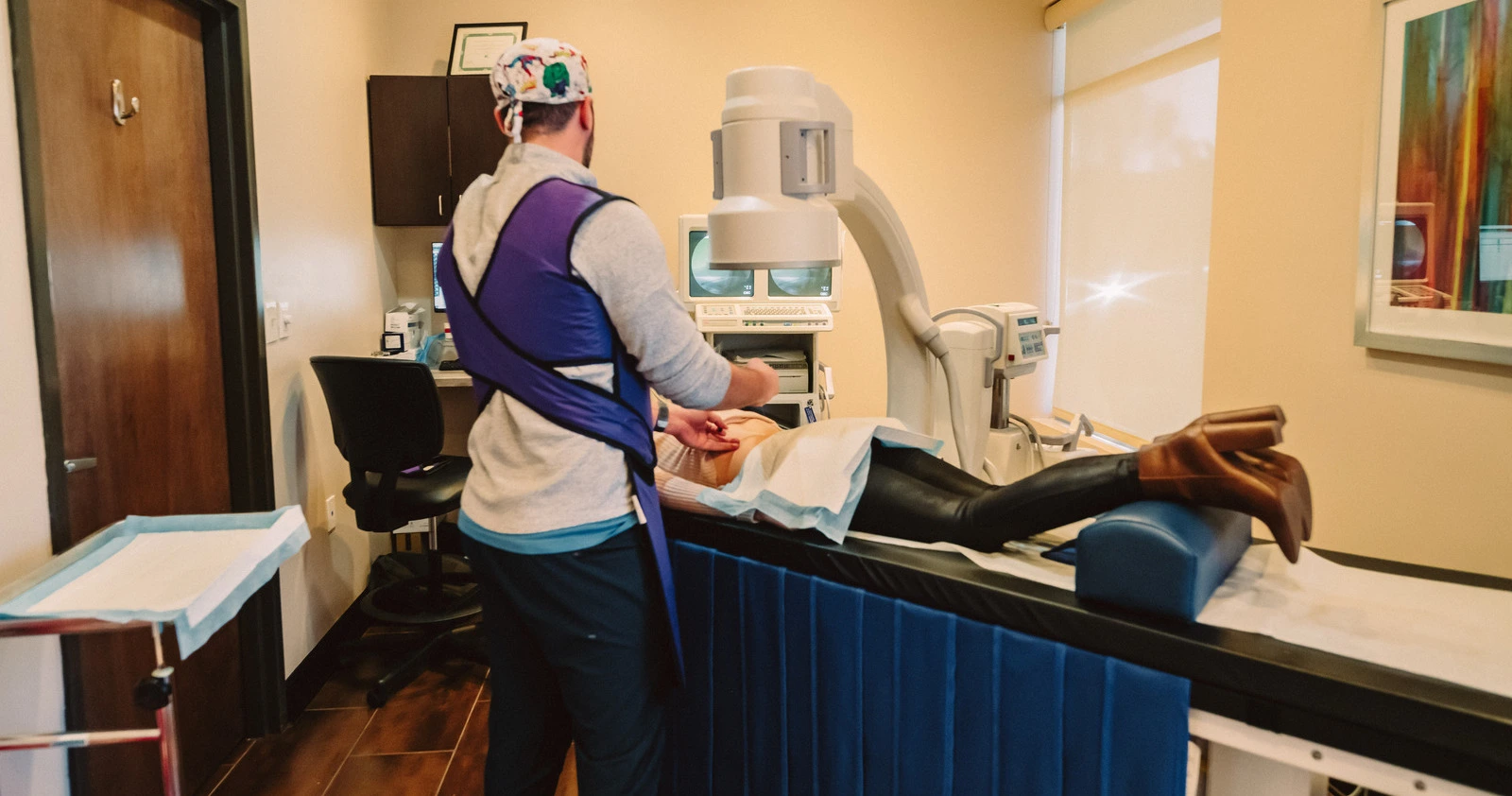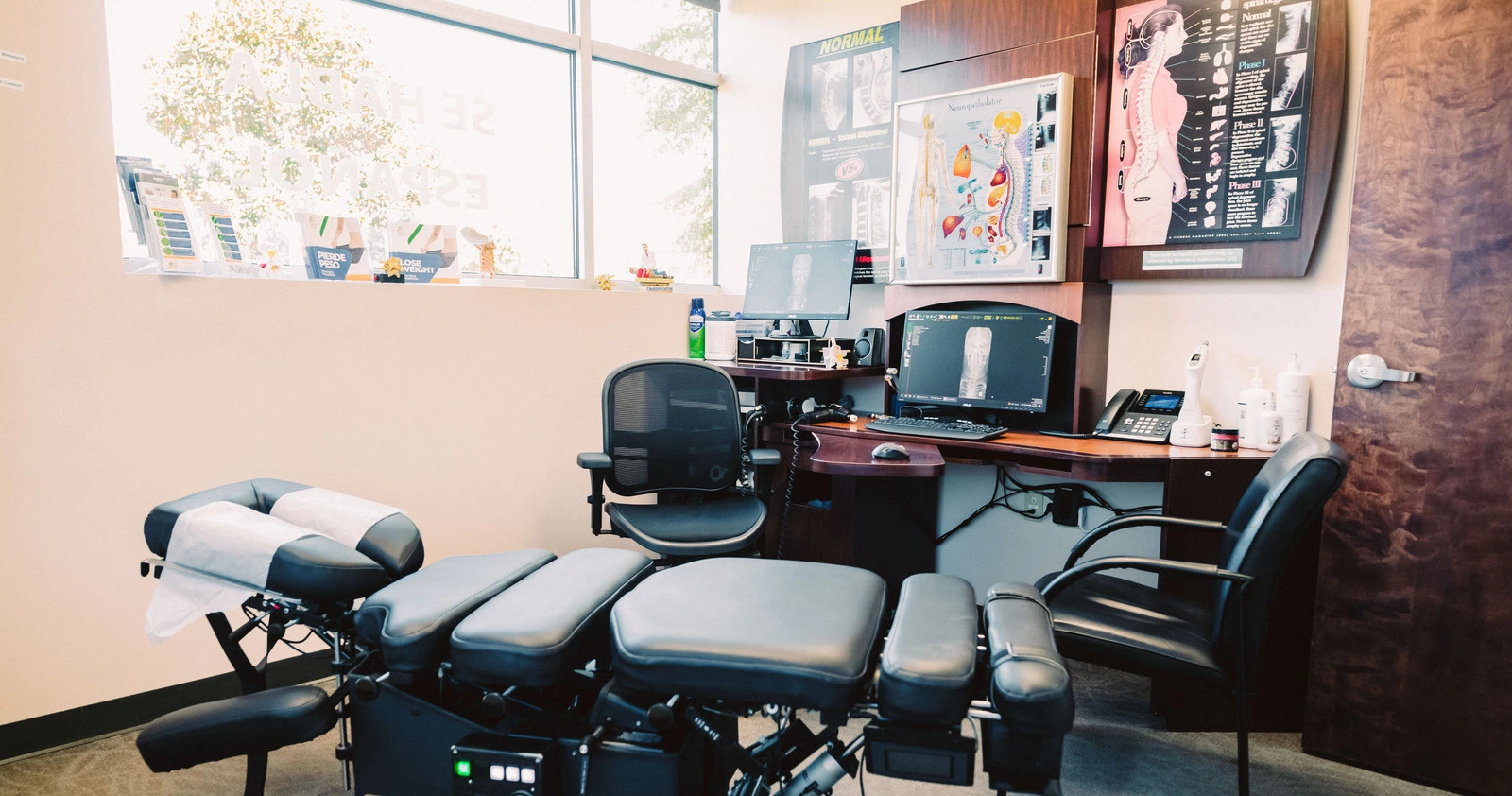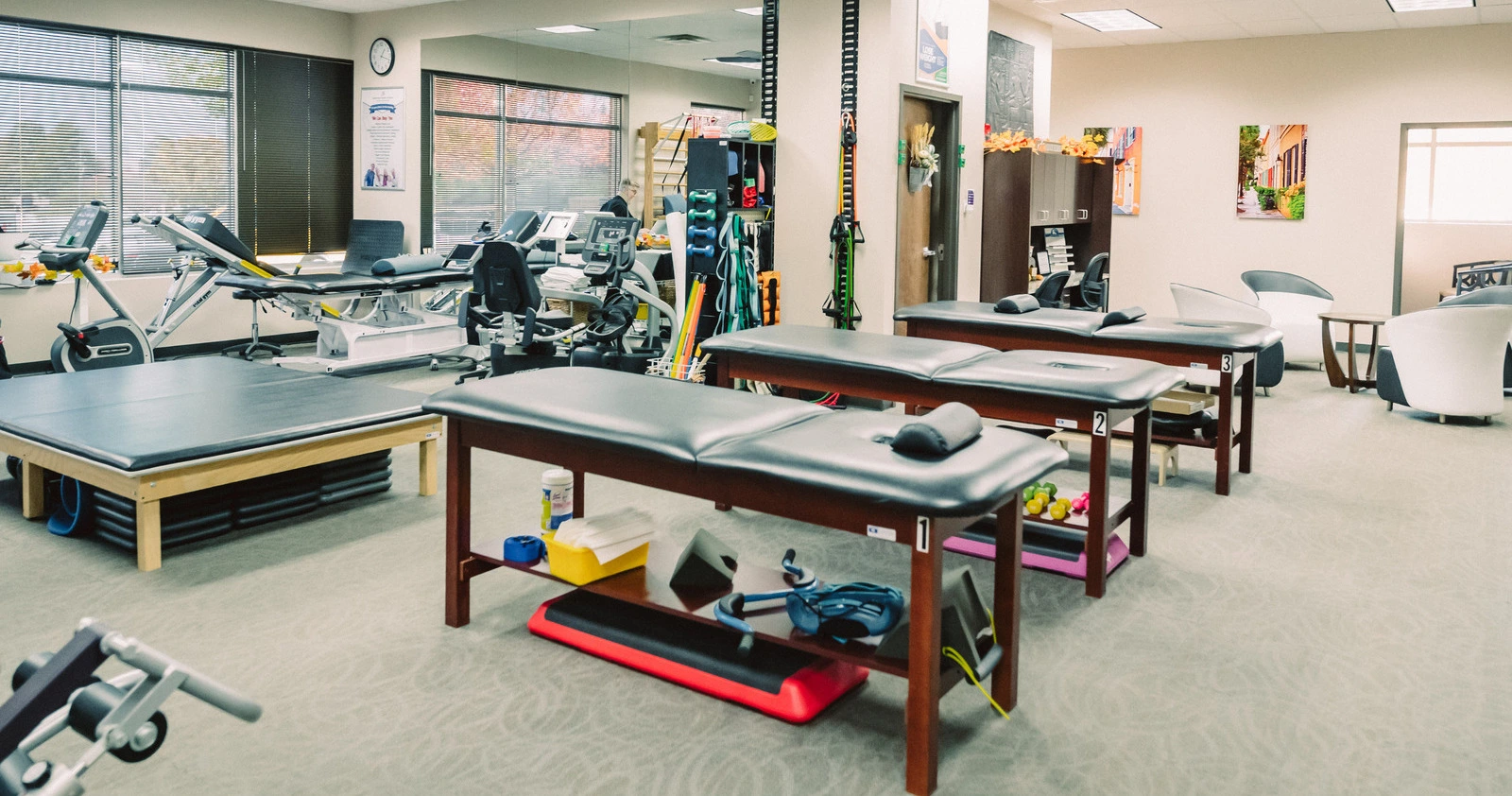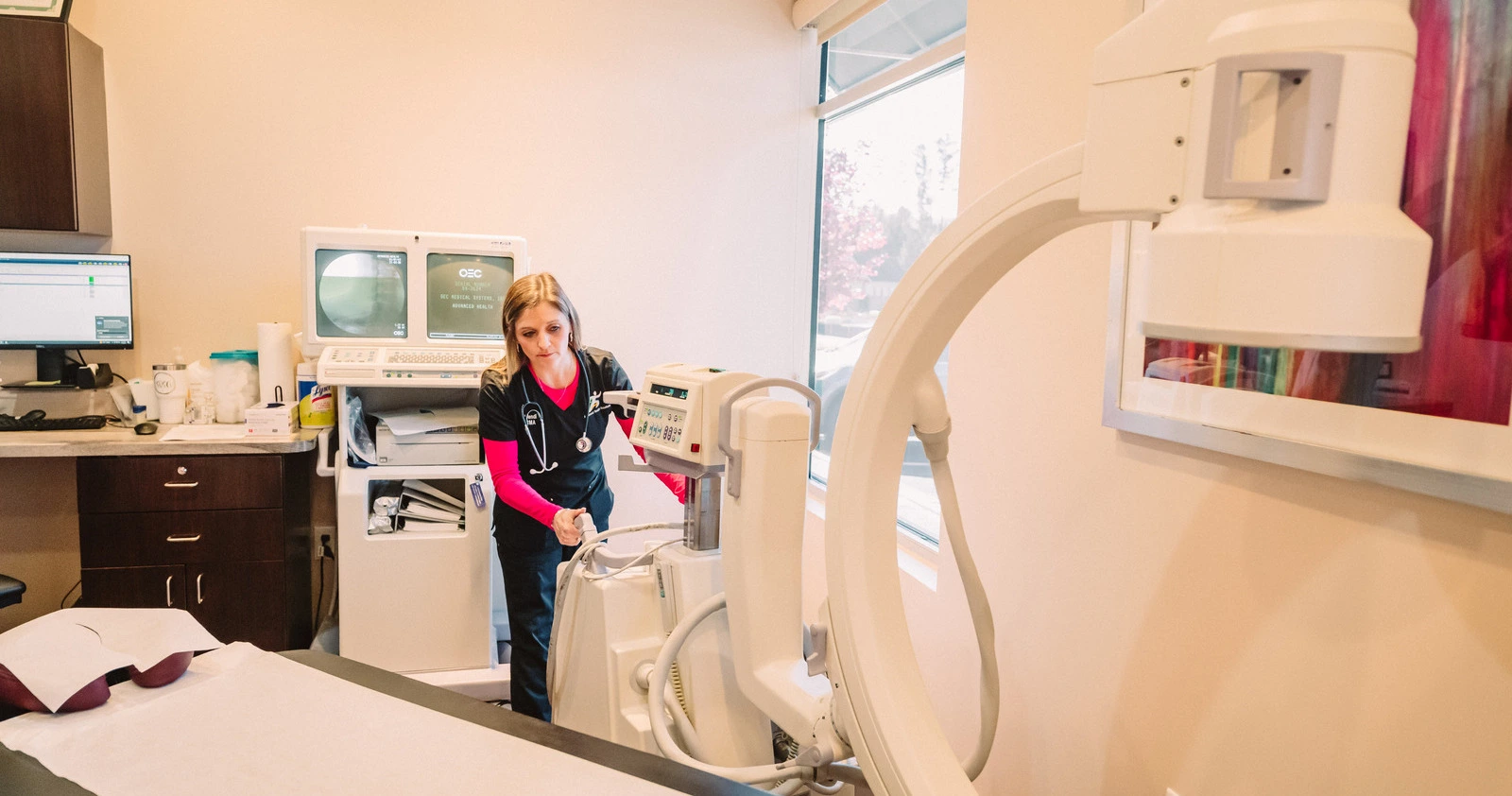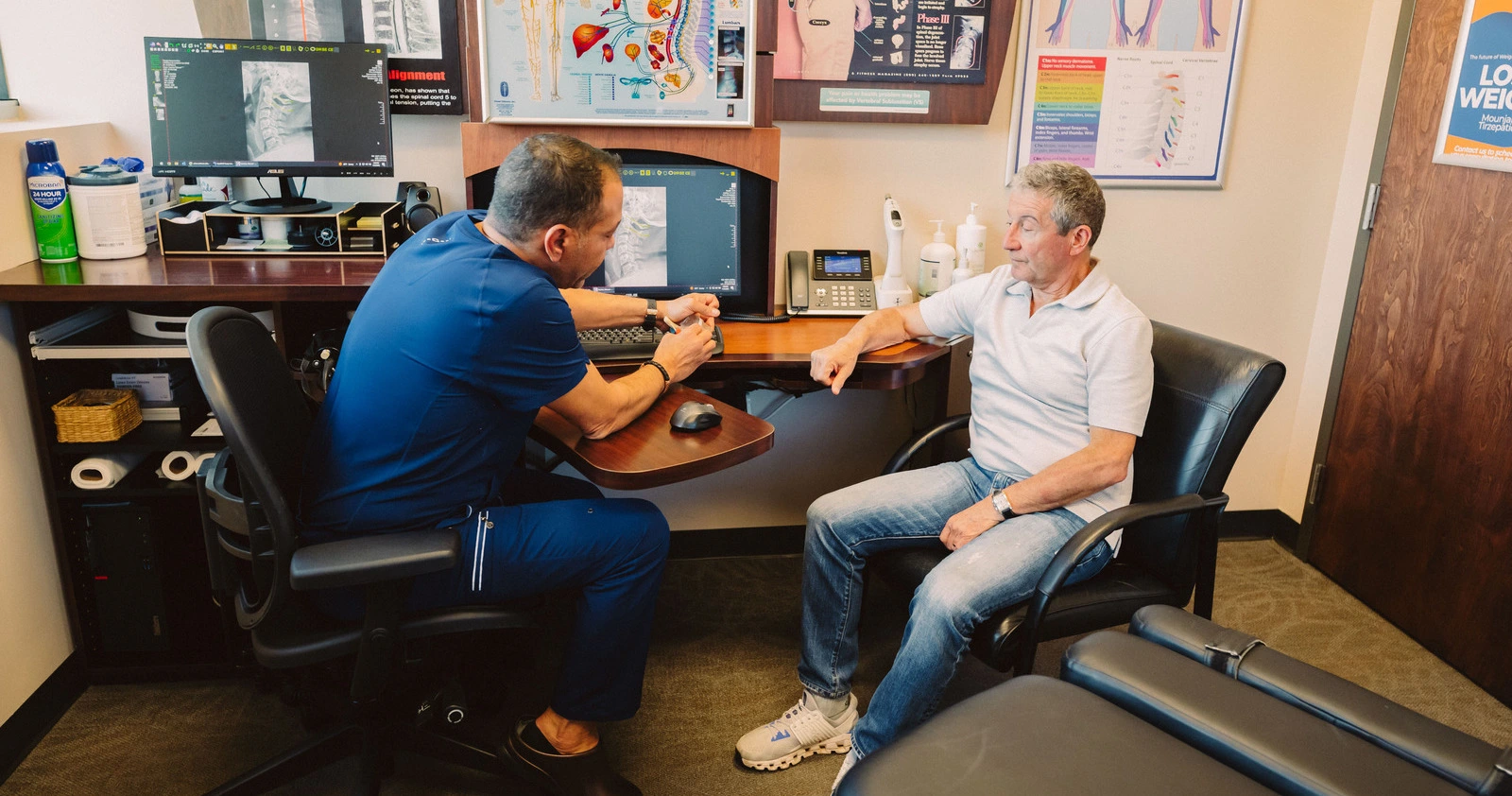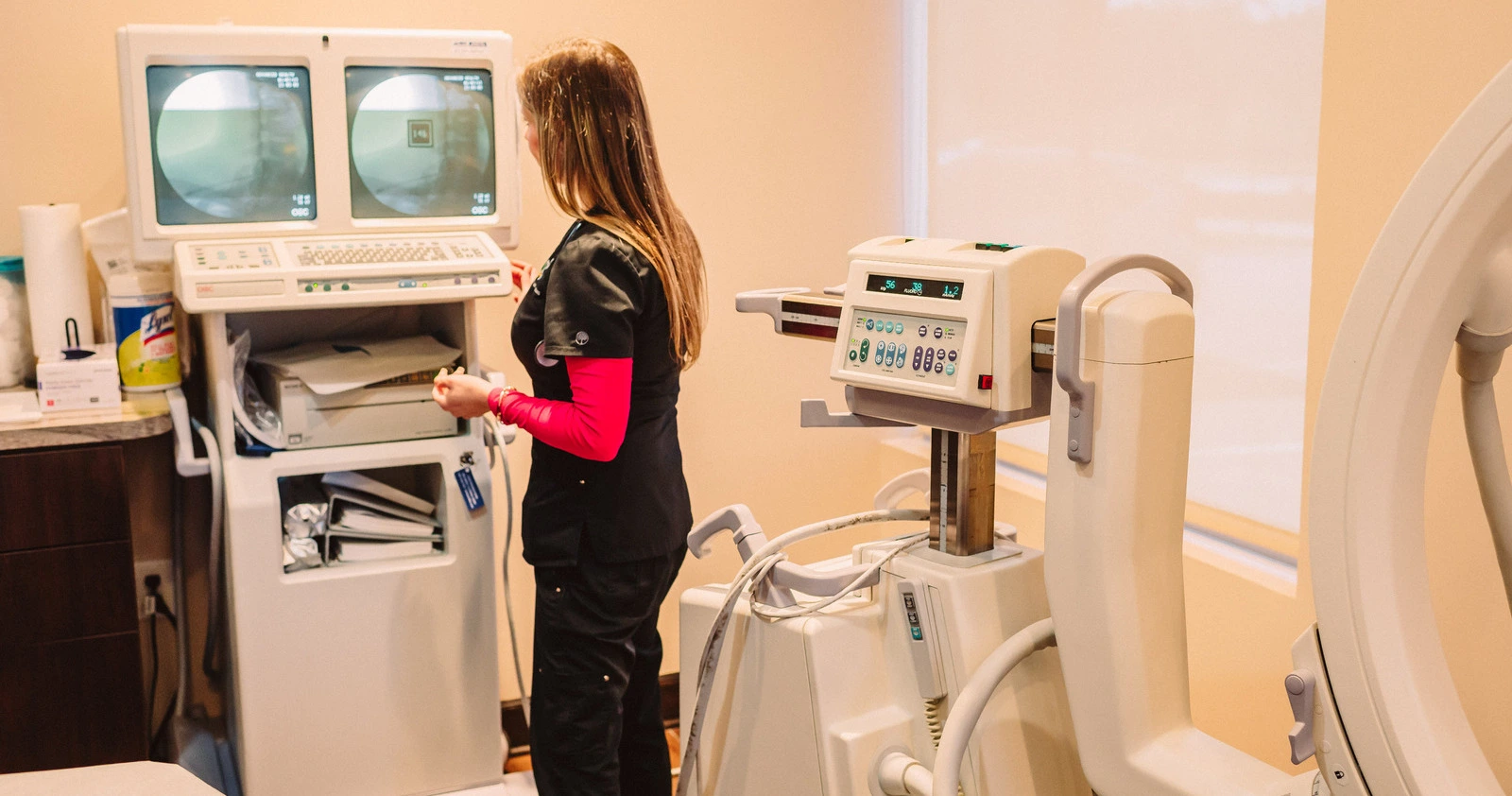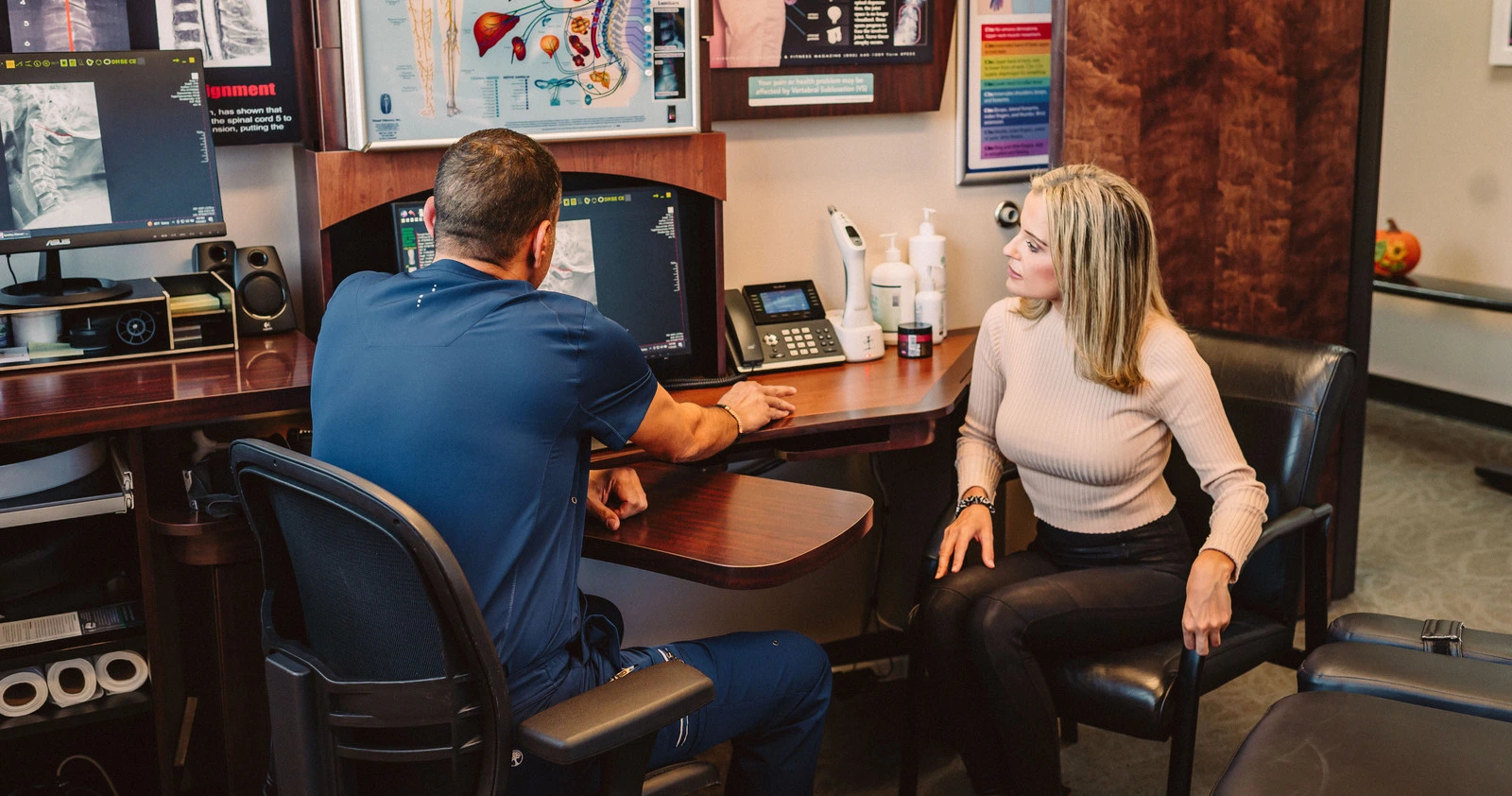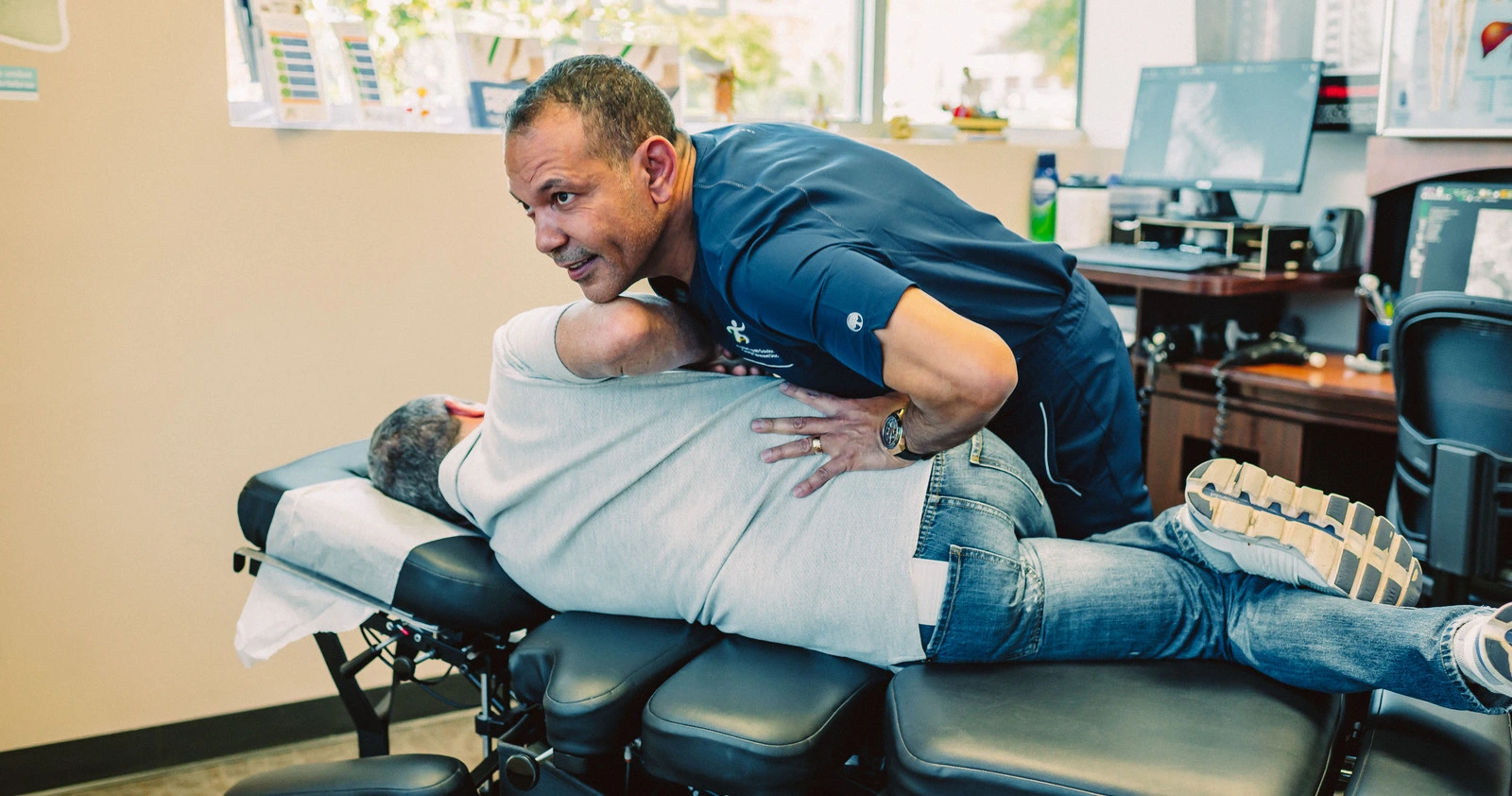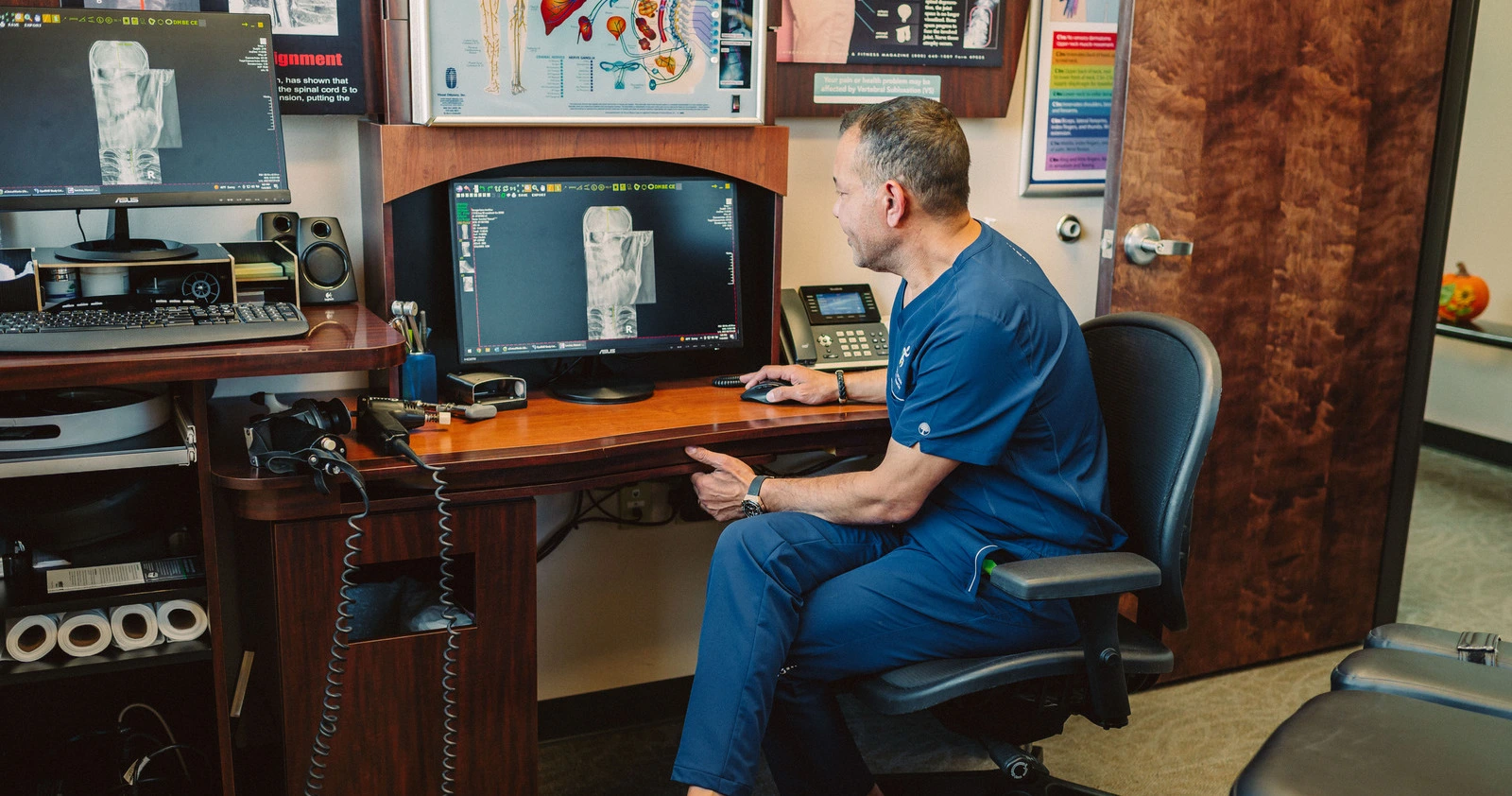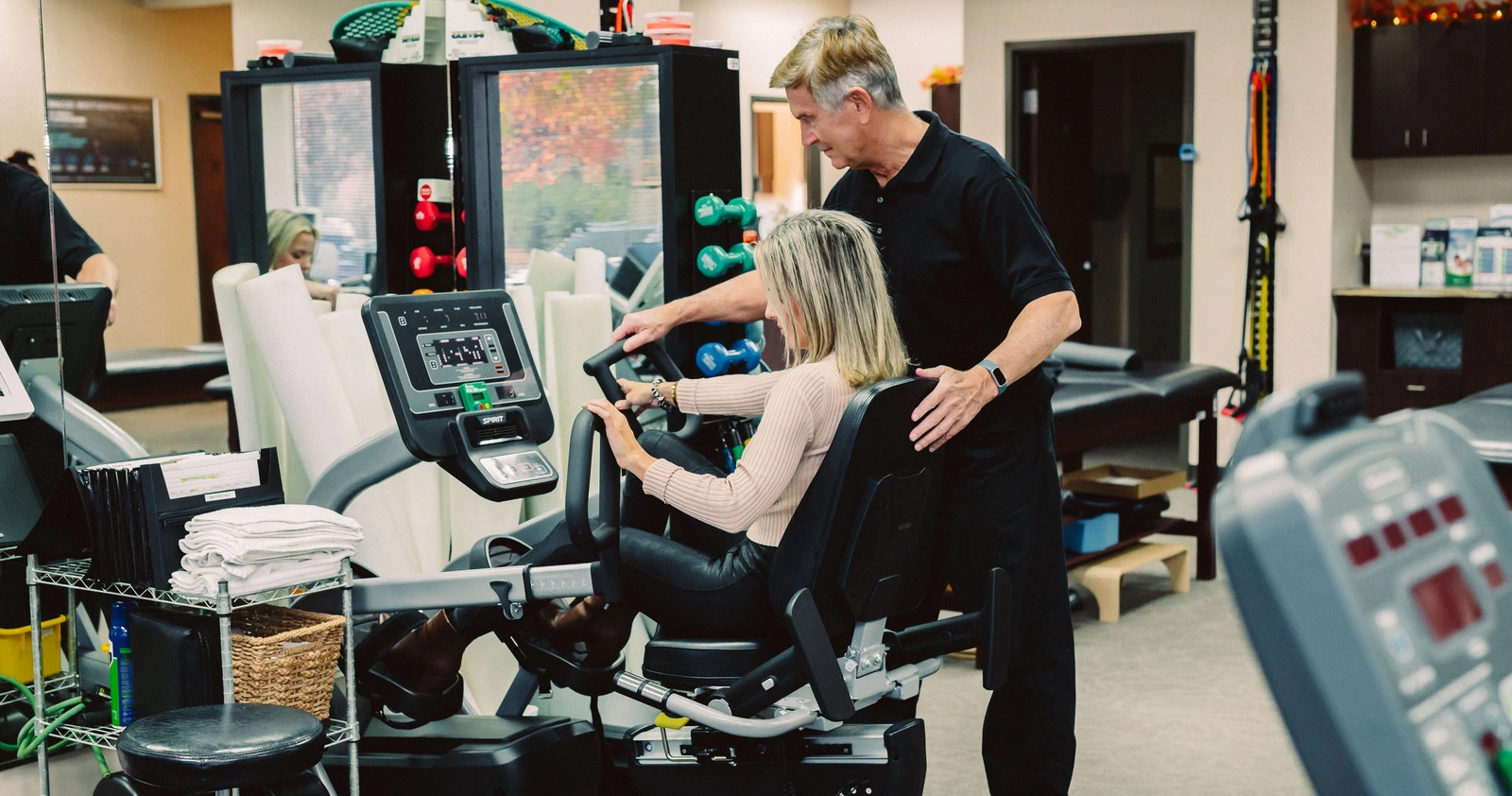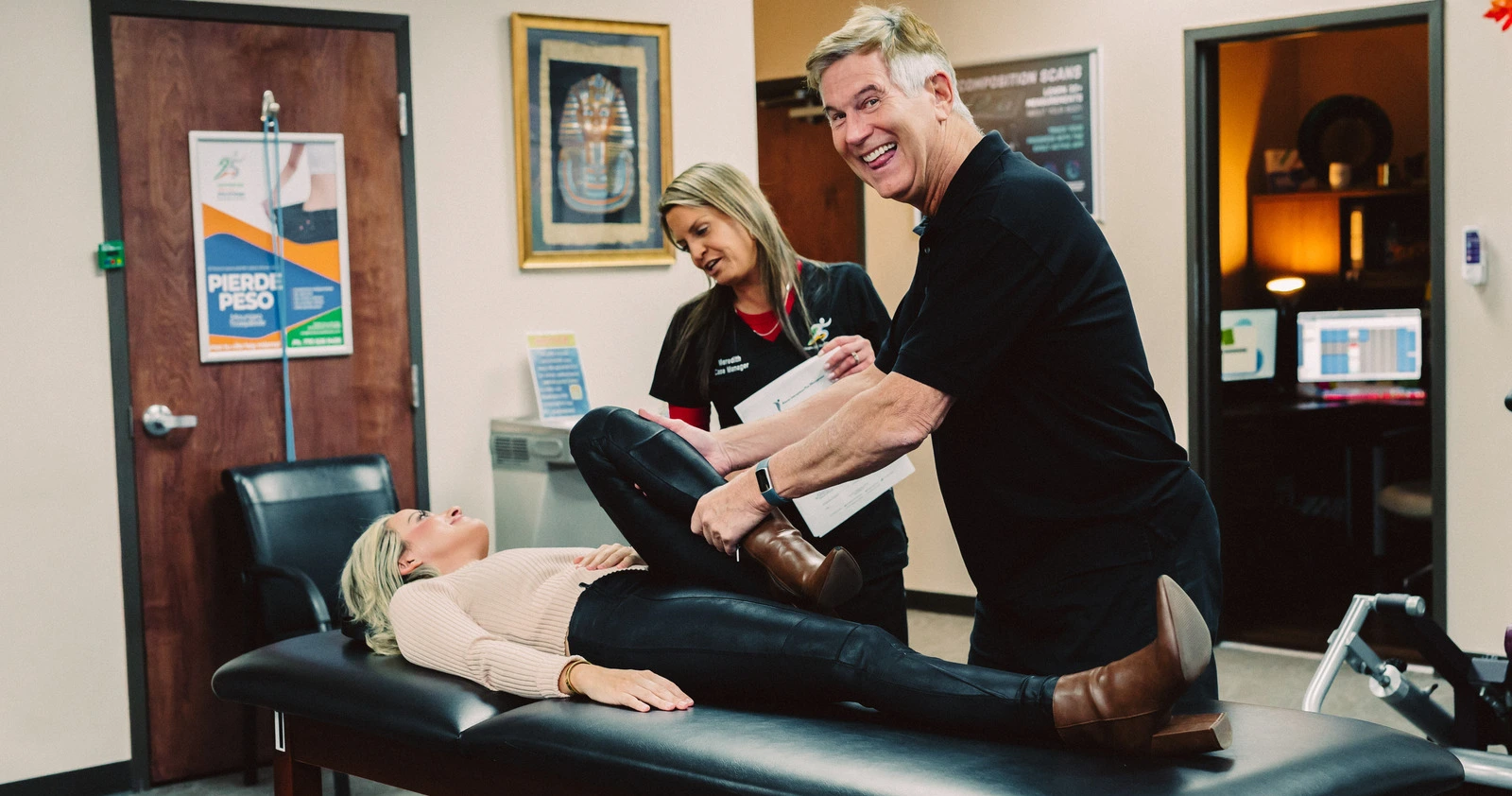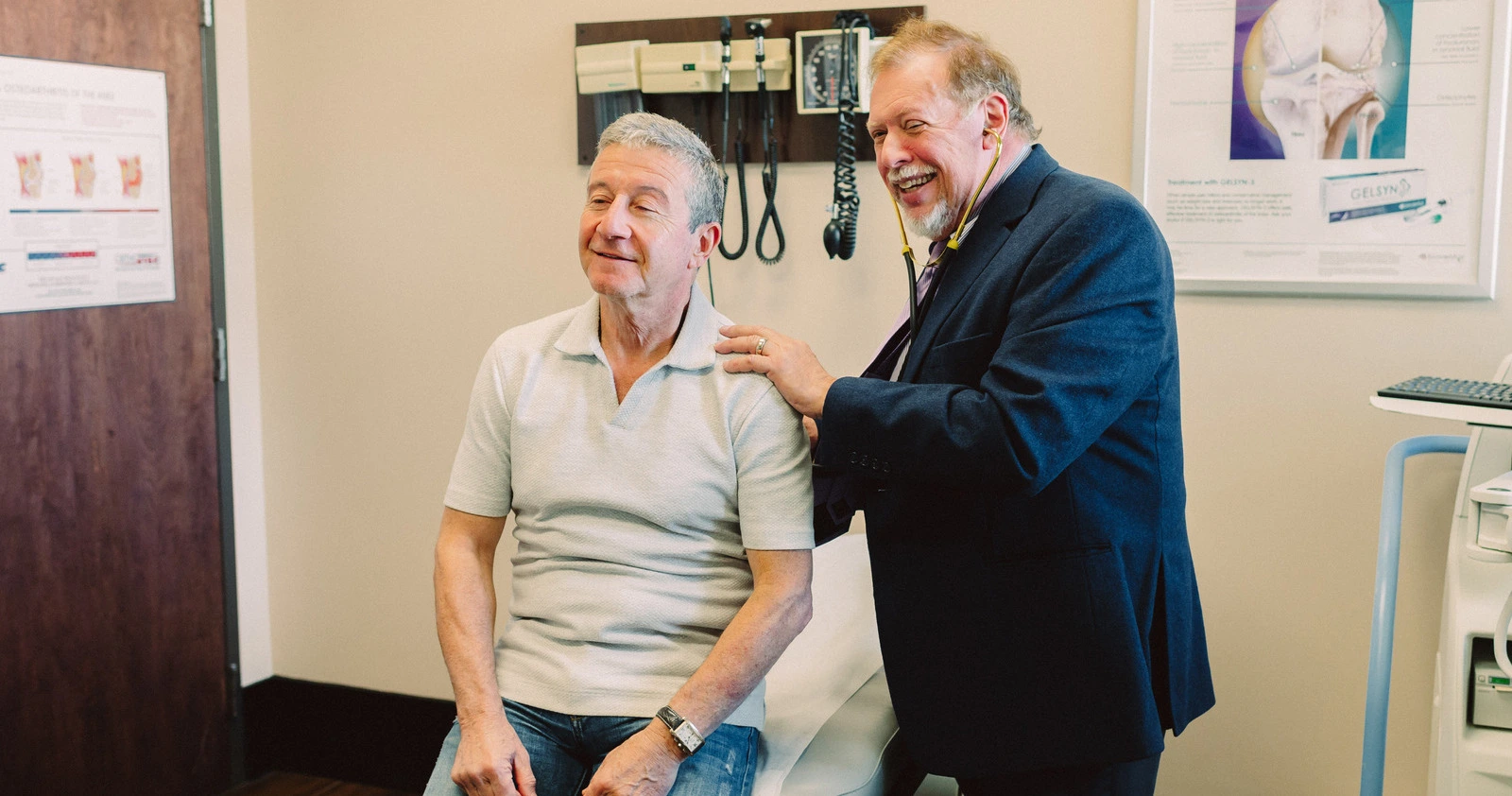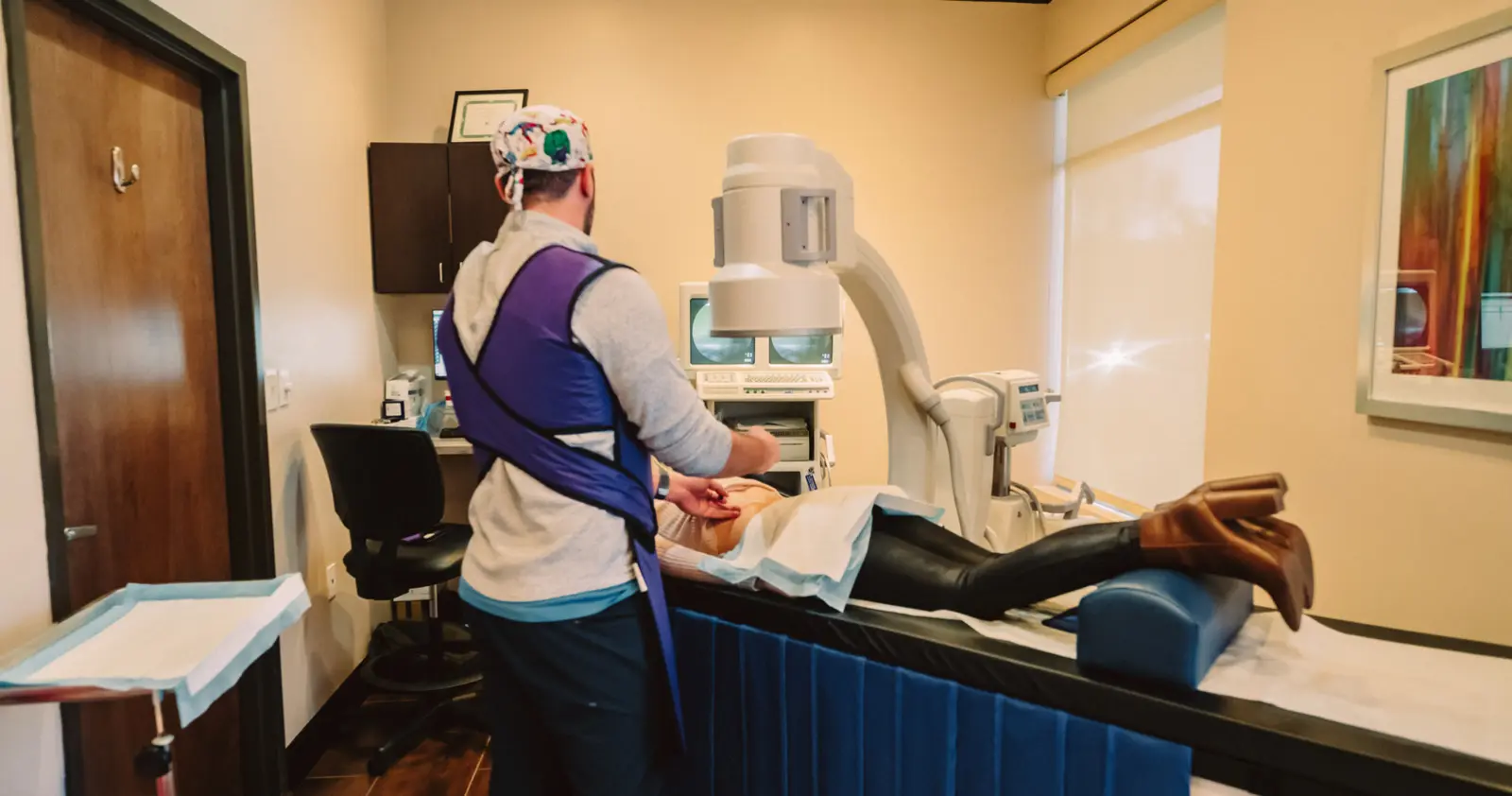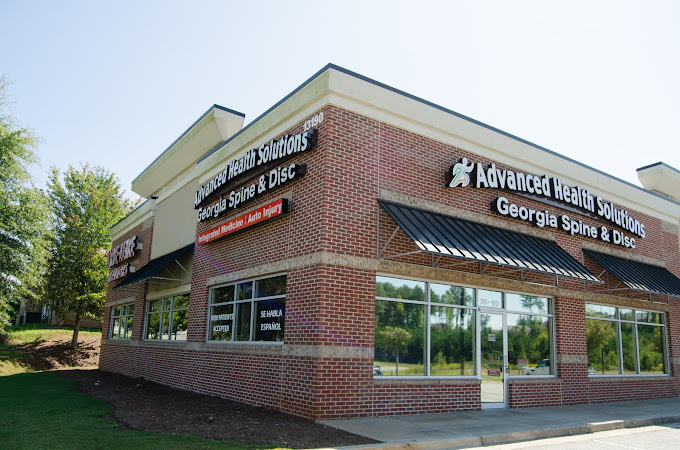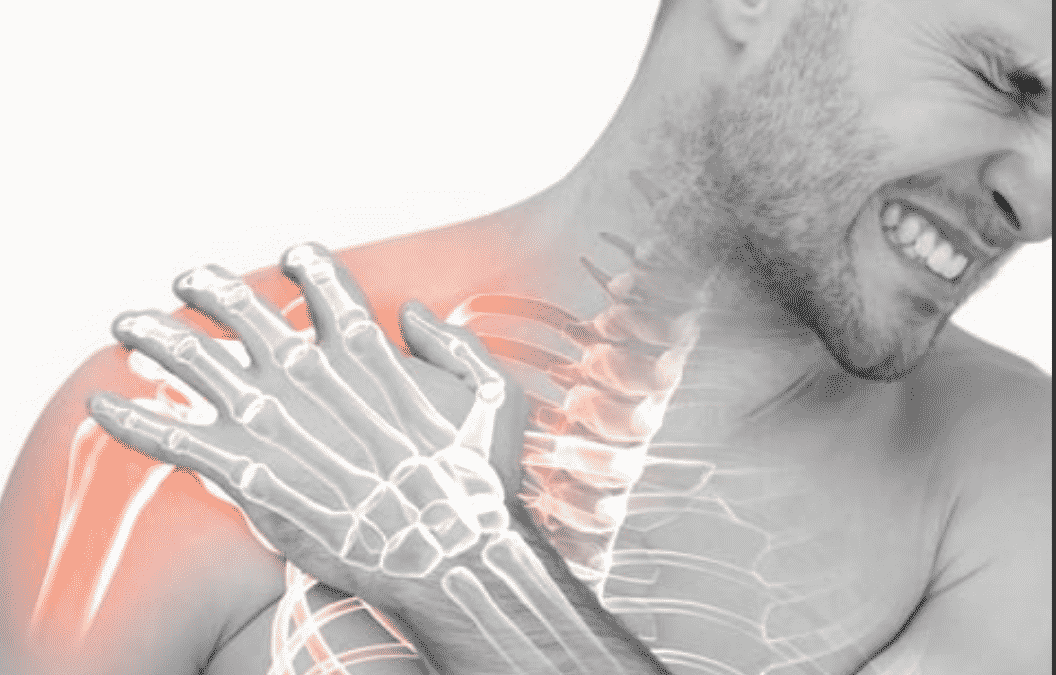
Managing Pinched Nerve Woodstock
Guide about Managing Pinched Nerve Woodstock.
A pinched nerve occurs when surrounding tissues, such as muscles, tendons, bones, or cartilage, apply too much pressure to a nerve. This intense pressure disrupts the function of the nerve, causing pain, numbness, tingling, or weakness. Managing pinched nerve Woodstock requires proper management of the symptoms.
A pinched nerve can occur in various parts of your body. For example, the pressure on a nerve root due to a herniated disk in your lower spine can cause pain that radiates down the back of your leg. Likewise, you may experience pain and numbness in your hand and fingers (carpal tunnel syndrome) due to a pinched nerve in your wrist.
With proper rest and other conservative treatments, many people can recover from a pinched nerve in a few days or weeks. Sometimes, relieving pain from a pinched nerve requires surgery.
Symptoms
The signs and symptoms of a pinched nerve include:
- Sharp, burning or aching pain that may radiate outward
- Muscle weakness in the affected area
- Decreased sensation or numbness in the area, which the nerve supplies
- Frequent feeling that a hand or foot has “fallen asleep”
- Tingling, needles, and pins sensations (paresthesia)
A pinched nerve can cause problems that may get worse when you are sleeping.
Causes
A pinched nerve occurs when the tissues surrounding a nerve apply too much pressure (compression) to it. In some cases, this tissue might be cartilage or bone, such as in the case of a herniated spinal disc that compresses the nerve root. In other cases, tendons or muscle may cause the condition.
In the case of carpal tunnel syndrome, compression of the carpal tunnel’s median nerve may result from a variety of tissues, including enlarged bone that narrows the tunnel, a thickened and degenerated ligament, or swollen tendon sheaths in the tunnel.
The tissue may compress a nerve or nerves due to a number of conditions, including:
- Obesity
- Injury
- Wrist arthritis or rheumatoid
- Sports activities or hobbies
- Stress from repetitive work
There is usually no permanent damage if a nerve is pinched for a short period. The nerve function returns to normal once the pressure is relieved. However, chronic pain and permanent nerve damage can occur if the pressure continues. Therefore, managing pinched nerve Woodstock may prove difficult.
Risk Factors
The following factors may increase the risk of experiencing a pinched nerve:
- Rheumatoid arthritis – Rheumatoid arthritis causes inflammation that can compress your nerves, especially in the joints.
- Sex – Women are at higher risk of carpal tunnel syndrome, possibly due to having smaller carpal tunnels.
- Thyroid disease – People suffering from thyroid disease are more likely to develop carpal tunnel syndrome.
- Bone spurs – Trauma or a condition, such as osteoarthritis, that causes bone thickening can cause bone spurs. Bone spurs cause the spine to stiffen and narrow the space for your nerves travel, thus pinching nerves.
Prevention
The following measures may help in preventing a pinched nerve:
- Incorporate flexibility and strength exercises into your regular exercise program
- Maintain a healthy weight
- Maintain correct positioning – do not lie in any one position or cross your legs for a long time
- Take frequent breaks when engaging in repetitive activities to limit the effect on your body
When To See A Chiropractor
The signs and symptoms of a pinched nerve may last for many days and don’t respond to self-care treatment/measures, such as rest and over-the-count pain relievers. At this point, managing pinched nerve Woodstock is necessary, and you may need to see a chiropractor.
After asking about your symptoms, your chiropractor will conduct a physical examination. If the chiropractor suspects a pinched nerve, you may undergo some tests, such as nerve conduction study, electromyography (EMG), magnetic resonance imaging (MRI), and high-resolution ultrasound.
Treatment
Rest for the affected area is the most frequently recommended treatment for a pinched nerve. Some activities cause or aggravate the compression, and if there are any, then your chiropractor will ask you to stop them.
Managing Pinched Nerve Woodstock
You may need a brace or splint to immobilize the affected area depending on the location of the pinched nerve. Strengthening and stretching the muscles in the affected area can help to relieve pressure on the nerve, and therefore, Dr. Kal, our Woodstock chiropractor, will teach you exercises for this purpose.
It may also be necessary to modify activities that aggravate the nerve. Dr. Kal will work with you to find the best approach for treating your symptoms.
Get in touch with us! Call Advanced Health Solutions – GA Spine & Disc today at (770) 212-3991 or use the contact form to book an appointment.
Managing Pinched Nerve Woodstock


